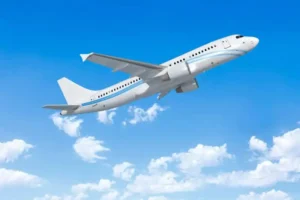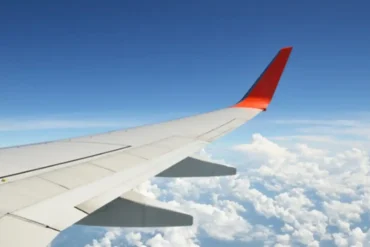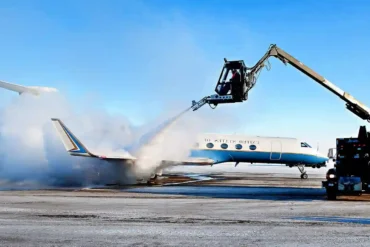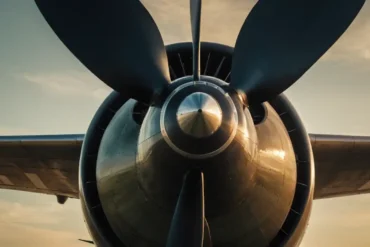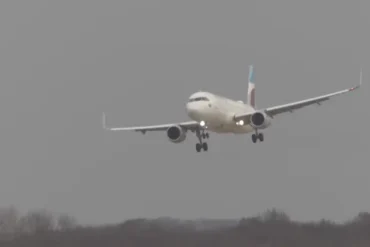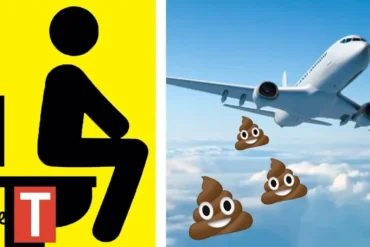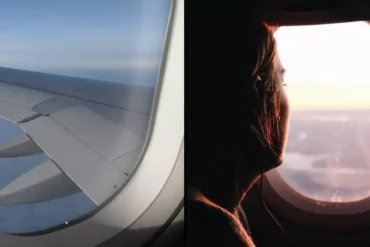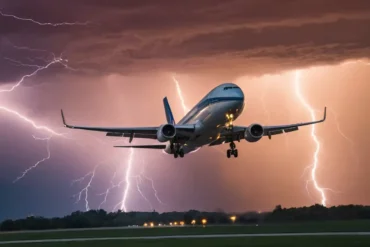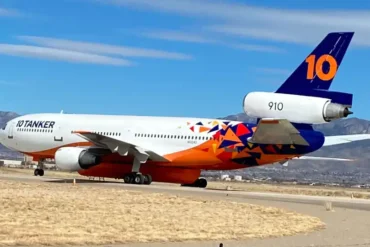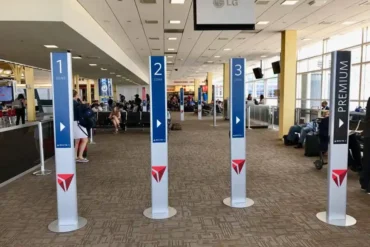Airplanes have revolutionized transportation, initially serving as a vital link in mail delivery. The success of early mail routes paved the way for passenger transportation. Remarkably, in just over a century, we can traverse half the globe within hours.
The Impact of Airplanes on Our Lives
The airplane streamlined the delivery of crops and goods, enhancing efficiency. It enabled people to cover vast distances in significantly shorter timeframes. Moreover, airplanes accommodated larger passenger numbers, surpassing the limitations of steamboats and trains.
The Impact of Airplanes on Society
The airplane held meaning for all, captivating audiences with pilot feats and aerial displays. Beyond spectacle, aviation’s commercial and military potential resonated globally. Flight’s cultural implications and the artistic inspiration it sparked shaped the 20th century profoundly.
Airplanes in Our Daily Existence
While primarily a mode of transportation, airplanes permeate our lives. They’ve fueled wars, facilitated trade, and connected communication networks. Our world is intricately woven with the flight paths of these remarkable machines.
The Impact of Airplanes on Business
Airplanes have democratized travel, making long journeys more affordable and efficient. They’ve unlocked new trade opportunities, expanded employment prospects, and broadened travel horizons.
The Upside of Air Travel
Despite minor inconveniences, air travel boasts several advantages over cars, trains, and buses:
- Speed: For transoceanic flights, airplanes reign supreme, swiftly connecting distant destinations. Even on shorter routes, planes often outpace other modes of transport.
- Safety
- Comfort
- Cost
What If Airplanes Never Existed?
In a world devoid of airplanes, our economy would operate at a significantly slower pace. Swift movement of goods would be unattainable, and perishable items would struggle to endure lengthy land journeys without spoiling—unless extensive cooling equipment intervened. Interestingly, the cinematic landscape would lack its usual flair, as aerial shots would be conspicuously absent.
The Present Role of Airplanes
In the present day, airplanes serve multifaceted purposes. They efficiently transport people, goods, and military equipment across the globe. Additionally, recreational flying has gained popularity, with some aircraft even powered by remote control. Notably, aviation traces its roots back to the pioneering Wright Brothers—Orville and Wilbur.
The Impact of Airplanes on Environment
Airplane emissions, once released, linger in the atmosphere, exerting a lasting climate impact. Elevated release points contribute to potent chemical reactions and atmospheric effects, ultimately contributing to global warming over centuries.
The Birth of Aviation
The deployment of powered aircraft in warfare commenced in 1911 when the Italians employed them against the Turks near Tripoli. However, it was during the Great War (1914–18) that their widespread adoption occurred. Initially unarmed, these aircraft primarily served reconnaissance purposes, acting as extensions of ground commanders’ eyes.
